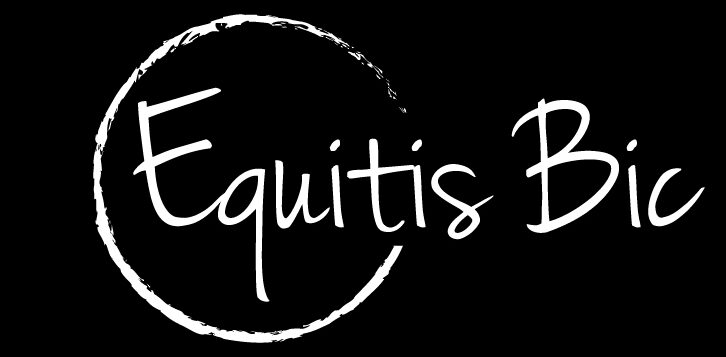The Psychology of Dreams

The two most popular psychological process of dream interpretation are the Freudian interpretive process and the Jungian interpretive process.
The Freudian process is the most popular and states that “Dreams come from memories that are stimulated by unconscious wishes that have their origins in our childhood.”
The Jungian process states that “Dreams depict aspects of the dreamer’s personality that have been neglected in their conscious life in an attempt to reveal the subconsciousness.”
Both of these interpretive models are based on dreams originating inside the dreamer. In other words, the dream and the answers to the dream can be found in the same place.
Hmmm. Isn’t that like saying “Observing a stagnant pond it’s evident that this water needs to not be stagnant anymore. So, where can we find fresh water inside this stagnation to fix the problem?”
I know this is an oversimplification, but my point is fresh water from another source is the answer to stagnant water.
However, there is a third interpretation model that is often overlooked. This model is spoken about in ancient Hebraic texts and is based on the idea that both the mystery of the dream and the answer to that mystery originate outside the dreamer; no stagnation.
The ancient world viewed dreams radically different than our modern world. Dreams were honored and revered in the ancient world that kings of nations went to great trouble and expense to solve the mystery of what they dreamt because they were so troubled by the experience.
Here’s an example from ancient Egypt. Seven years of great abundance and seven years of severe famine were on their way to the fertile crescent. The knowledge of these fourteen years of extremes were given to Pharaoh in two separate dreams but he didn’t understand the symbolism.
A man named Joseph was raised up to interpret these dreams after the magicians and workers of magic arts struggled to come up with a correct interpretation. Pharaoh saw that this man Joseph had a gift and promoted him to second in command in Egypt in order to facilitate the massive project of saving part of the abundance back to carry the country through the severe famine that would follow.
This is one of the best examples of why dreams have to come from outside of us. No one knows the future and as great a leader the Pharoah may have been, he didn’t know what was coming in the next seven years without outside help.
EB
Photo credit: FlickrJunkie via FoteWPBruiserr.com / CC BY-NC-SA
